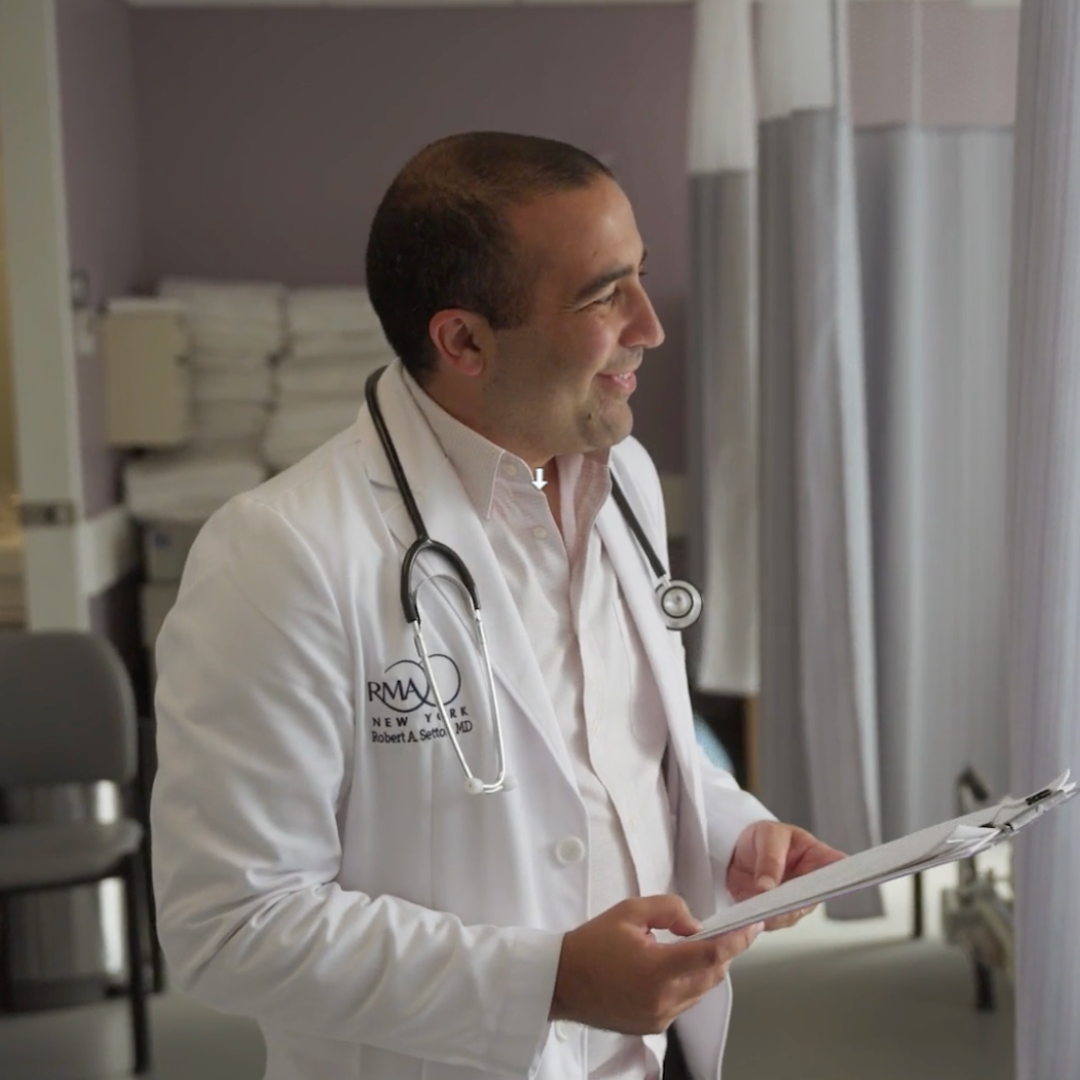What to Expect During a Reproductive Health Check Up

A reproductive health check-up is the first step in understanding your fertility and overall reproductive well-being. Through this evaluation, you will gain a better understanding of your specific reproductive potential. It can help identify issues that may be obstacles for achieving a successful pregnancy and address those issues with a tailored treatment plan.
So, what should you expect during a reproductive health check-up?
Your physician will first conduct a thorough medical history of you (and your partner if applicable) to identify risk factors or behavior patterns that could significantly impact your fertility. A history will include a complete medical, sexual, and surgical history and a review of medications, allergies, and lifestyle exposures.
Next, your physician will order blood tests to assess levels of specific hormones in your body that measure your ovarian reserve, or the quantity of eggs present in your ovaries. Your physician will check the following hormones: anti-Mullerian hormone (AMH), follicle-stimulating hormone (FSH), luteinizing hormone (LH), and estradiol (E2). Certain hormones need to be measured at specific times in the menstrual cycle. Additionally, blood tests will be performed to assess your overall health to ensure you are medically optimized and set up for a successful pregnancy.
At your initial consult, your physician will perform a transvaginal (internal) ultrasound to visualize your uterus and ovaries. Using this test, your physician can count the number of eggs your body is producing at that time, and diagnose any ovarian cysts or uterine pathology, such as fibroids or polyps, that may impact your ability to become pregnant.
The aforementioned tests and procedures are typical of an initial consultation with a reproductive endocrinologist. There are, however, several other tests your physician may want to conduct to further evaluate your fertility status. A hysterosalpingogram (HSG), for example, can reveal blockages in your fallopian tubes and certain uterine anomalies. During this procedure, dye is injected through the cervix and the uterus and fallopian tubes are visualized using an x-ray. You may always be offered genetic carrier screening to confirm whether or not you and your partner may be carriers of certain genetic conditions that would pose a risk to the health of your children.
If you have a male partner, it is recommended that they simultaneously undergo fertility testing. Approximately 40% of all infertility cases involve male fertility factors so it is important that your partner check his sperm quality and own general health. Typically, male fertility testing consists of a semen analysis and may include hormone blood testing.
Consider having a reproductive health check-up if you are under 35 years old and have been trying to conceive for a year or are over 35 and have been trying for 6 months, or if you are simply curious about your reproductive status. Reasons to have an evaluation sooner would be if you have a known condition that impacts fertility such as PCOS or endometriosis, or are in need of donor gametes or a gestational carrier.
A reproductive health check-up empowers you on your family building journey!
